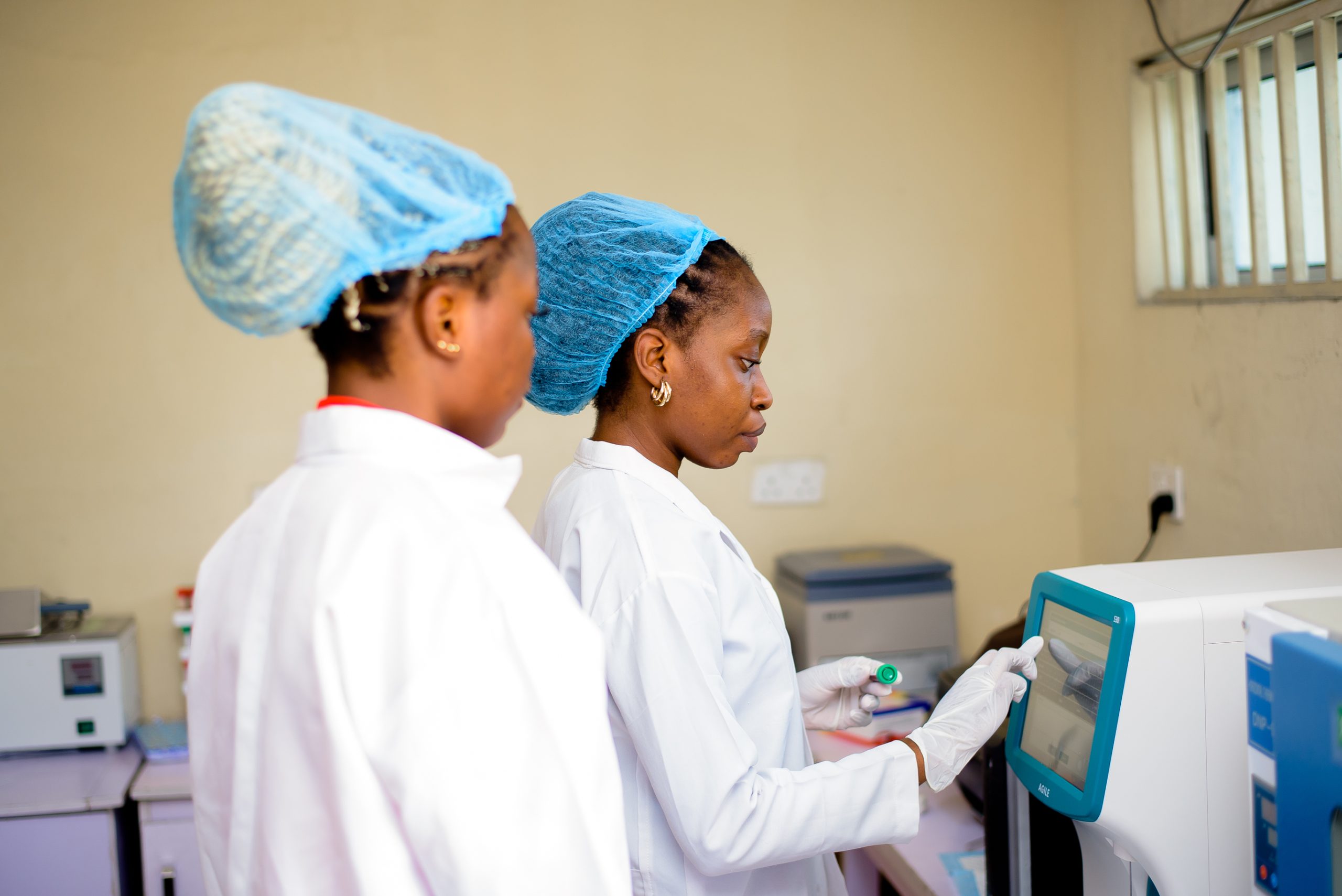


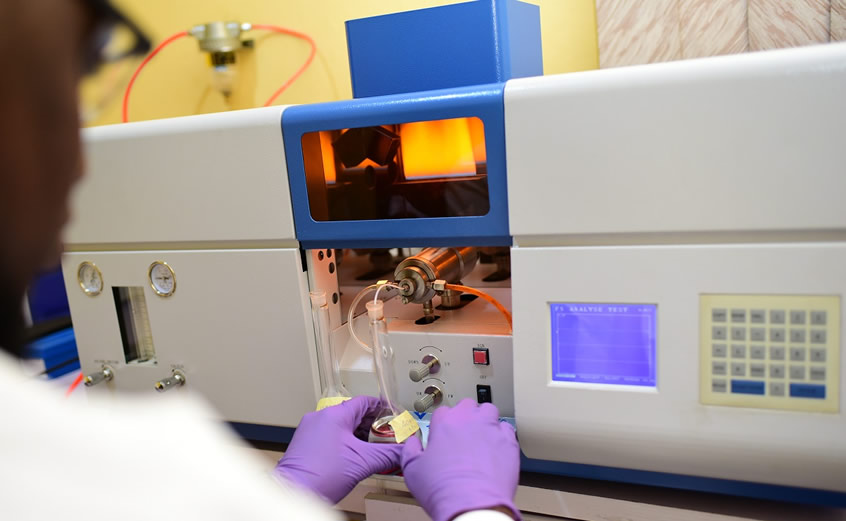




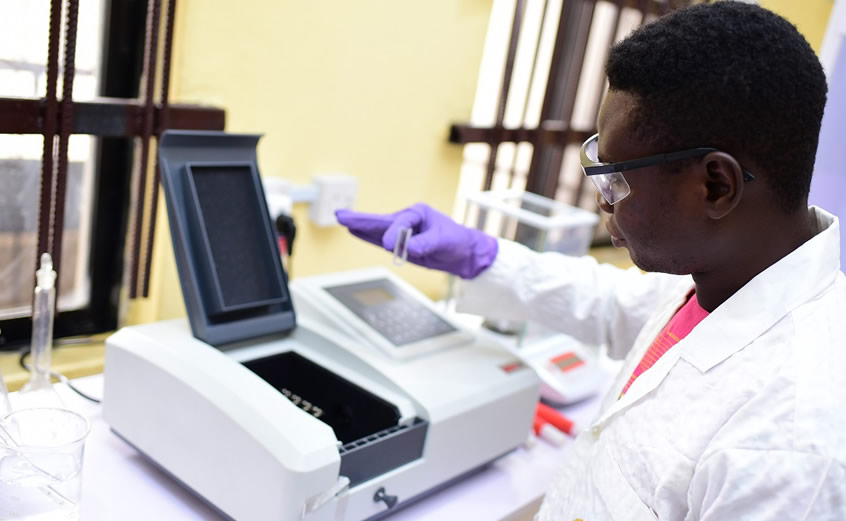
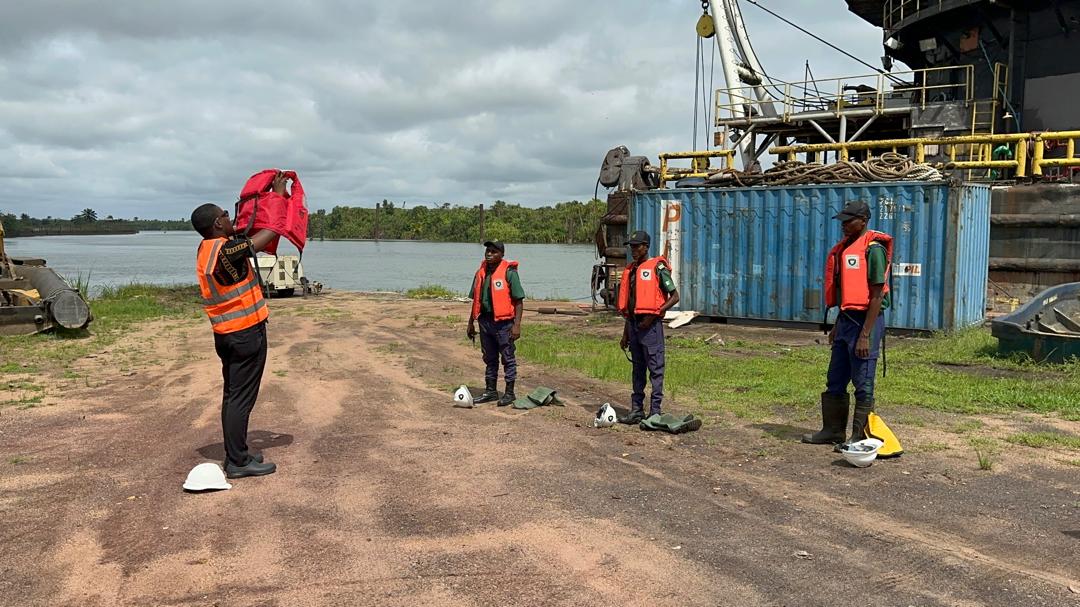
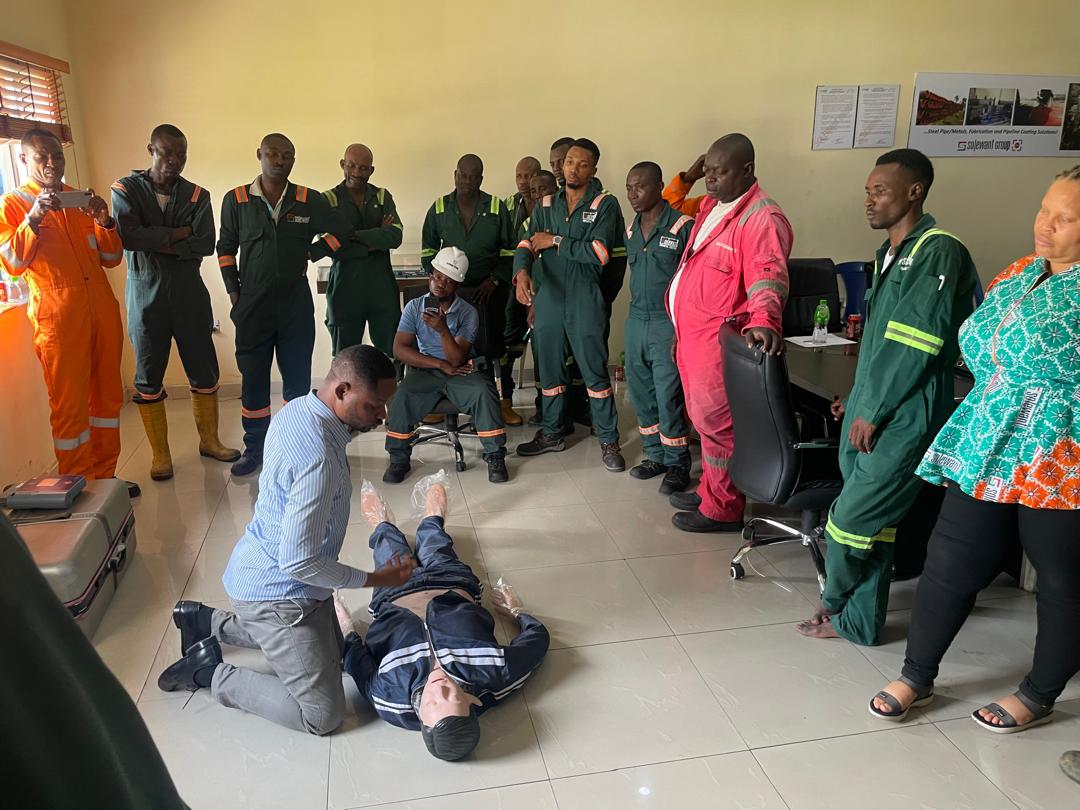

Master Analytical Techniques for Environmental & Oil & Gas Industries
Join Scopex Nigeria Limited’s intensive training program designed for professionals, researchers, and students eager to gain hands-on expertise in environmental analysis and analytical chemistry. This program covers essential techniques used in laboratories and industrial applications, ensuring participants are equipped with in-demand skills for career growth.
What You’ll Learn
Who Should Enroll?
✔ Scientists, engineers, and researchers in environmental and oil & gas industries.
✔ Students & graduates seeking laboratory and fieldwork experience.
✔ Professionals looking to enhance their analytical skills for career advancement.
Hands-on Training | Industry Expert Insights | Career-Boosting Skills Secure Your Spot Now!
What You'll Learn
✔ Spectroscopic Analysis (AAS & UV-Vis Spectroscopy)
✔ Fundamentals of Atomic Absorption Spectroscopy (AAS) and its applications in environmental monitoring.
✔ Hands-on training on UV-Vis Spectrophotometry for analyzing water and soil contaminants.
✔ Advanced Laboratory Techniques
✔ Sample preparation, calibration standards, and laboratory safety protocols.
✔ Practical analysis of heavy metals, organic compounds, and petroleum contaminants.
✔ Water & Soil Quality Testing
✔ Measuring Chemical Oxygen Demand (COD), Biochemical Oxygen Demand
(BOD), and nutrient levels.
✔ Physicochemical analysis including pH, conductivity, and turbidity measurements.
✔ Chromatographic & Electrochemical Techniques
✔ Introduction to Gas Chromatography (GC) for hydrocarbon and pollutant
detection.
✔ Electrochemical methods for real-time monitoring of environmental samples.
✔ Total Petroleum Hydrocarbon (TPH) Testing & Oil Spill Analysis
✔ Techniques for detecting petroleum contaminants in soil and water.
✔ Industry-specific case studies and real-world application scenarios.
✔ Capstone Project & Industry Expert Sessions
✔ Real-world environmental problem-solving through a guided research project.
✔ Resource professionals in the oil & gas sector, including experts from other leading organizations.

